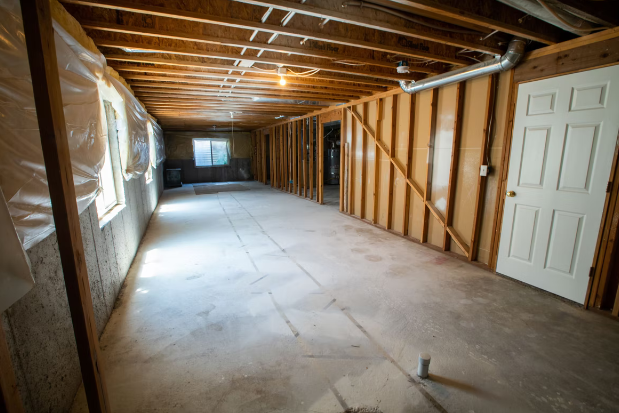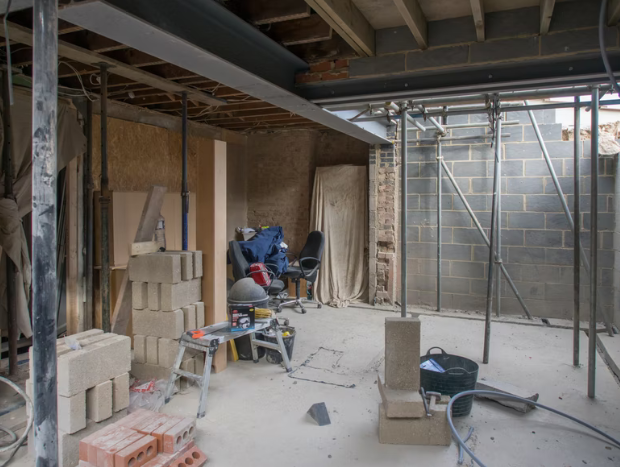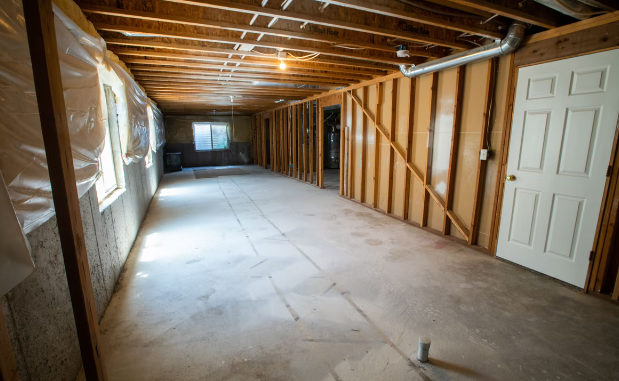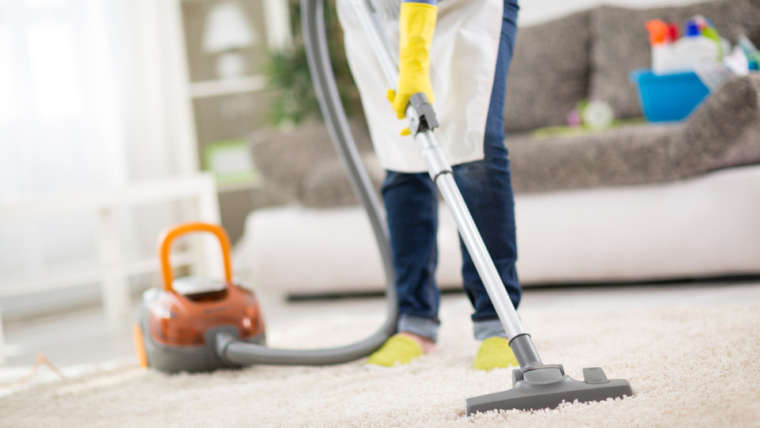If you have been noticing water spots on your walls, or puddles of water on the floor after heavy rain, then it is likely that you have a leaking basement!
 Photos By: Unsplash
Photos By: Unsplash
This can be a huge problem, not only because of the damage that it can do to your home, but also because of the health hazards that it can present. In this article, we will discuss some tips on how to reconstruct your basement and avoid potential leaking problems.
Locate The Source
One of the first things that you need to do is to identify the source of the leak. This can be a tricky task, as water can travel through small cracks and crevices that you may not be able to see. Therefore, in some cases, you may need to enlist the help of a professional to locate the source of the leak. Once you have identified the source of the leak, it is important to repair it immediately. This may involve sealing cracks in the foundation or walls or repairing any damage that has been done to the structure of your home.
Even more so, if your basement is unfinished, now is the time to finish it. By finishing your basement, you will not only be able to avoid potential leaking problems, but you will also be able to increase the value of your home. The future is unpredictable, and it is always best to be prepared for anything that may come your way.
Check Your Gutters
It is also important to make sure that your gutters and downspouts are clear of debris. If they are blocked, this can cause water to back up and seep into your basement. Regularly cleaning your gutters and downspouts will help to prevent this from happening. Also, consider installing gutter guards to help keep your gutters clear and reduce the amount of maintenance that you have to do. You will benefit from having one less thing to worry about when it comes to your basement.
Moreover, make sure that the ground around your home slopes away from the foundation. If it doesn’t, then water can pool next to your foundation and seep into your basement. By ensuring that the ground around your home slopes away from the foundation, you will help to keep water away from your basement and reduce the risk of leaking.

Waterproof Your Basement
Once you have repaired the source of the leak and made sure that your gutters are clear, it is time to waterproof your basement. For this step, you will need to find a reputable waterproofing contractor. They will be able to assess the situation and recommend the best course of action for your home. This may involve painting or sealing the walls, installing a sump pump, or taking other measures to keep water out of your basement. So, if you are looking for a basement waterproofing company, make sure to do detailed research in your area. If you are from Maryland, you should search for basement waterproofing companies in Annapolis to find the best results. Once your basement is waterproofed, you will be able to rest easy knowing that your home is protected from water damage since you’ve taken preventative measures. Not to forget, make sure to still take preventative measures to avoid basement leaks in the future. This may include regularly checking for cracks or damage to your foundation and making repairs as needed.
Install A Sump Pump
If you live in an area that is prone to flooding, then it is a good idea to install a sump pump in your basement. This will help to remove any water that may enter your home and prevent it from causing damage. Sump pumps are relatively inexpensive and can be a great investment in the long run. Also, make sure you have a backup power source for your sump pump in case of a power outage due to flooding. The last thing you want is for your sump pump to fail when you need it the most. The best way to do this is to have a generator on hand that can power your sump pump in case of an emergency. So why wait any longer, get your basement waterproofed today!
Window Wells
If your basement has windows, then it is important to make sure that they are properly sealed and that the window wells are clear of debris. Otherwise, water can enter through the windows and cause damage to your home.
Another thing to consider is installing window well covers. These can help to keep water out of your window wells and prevent it from entering your basement. The covers also help to keep leaves and other debris from getting into your window wells, which can clog up the drains and cause a disaster in your home. It is also easy to forget to clean out your window wells, so having covers can save you a lot of time and hassle. Namely, once you have the covers installed, you won’t have to worry about them as much.

Equipment You Should Always Have On Hand
When it comes to avoiding basement leaks, it is always better to be safe than sorry. This means having the right equipment on hand in case you do experience a leak. Some of the equipment that you should have on hand includes:
- A wet vacuum
- A dehumidifier
- A water pump
- A shop vac
- Tarps
- Buckets
- A sump pump (if you live in an area that is prone to flooding)
By having this equipment on hand, you will be prepared to deal with a leak should one occur. Additionally, having a wet vacuum and dehumidifier will help to prevent mold and mildew from growing in your basement if it does flood.
These are just a few tips on how to reconstruct your basement and avoid potential leaking problems. By following these tips, you can help to protect your home from water damage and the health hazards that come with it. If you have any questions, be sure to consult with a professional before beginning any work on your home. And remember, it is always better to be safe than sorry!




